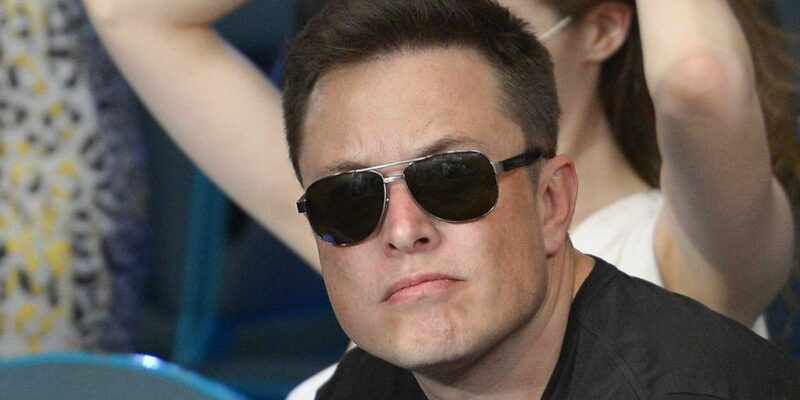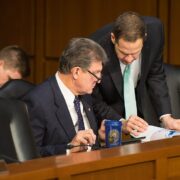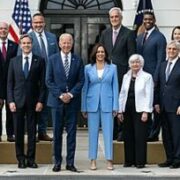
Elon Musk’s time at DOGE may soon be coming to an end. According to multiple senior officials, discussions surrounding Musk’s resignation have been ongoing for several weeks, and his formal departure—anticipated to coincide with the expiration of his ethics exemption in early June—is now regarded as imminent, writes Politico.
President Trump has reportedly informed close advisers and select Cabinet members that Musk’s role as a “special government employee”—a designation that permitted circumvention of standard federal ethics rules—is nearing its conclusion. While framed as a mutual decision, the timing of Musk’s exit appears to reflect a convergence of strategic calculation and growing internal disquiet, particularly as the president intensifies his focus on the 2024 reelection campaign.
Though Trump continues to praise Musk publicly—frequently citing his leadership of the Department of Government Efficiency (DOGE) initiative as evidence of reformist vigor—there is, beneath the surface, a widening fissure within the administration, the outlet noted. Musk, once embraced as an iconoclastic force capable of accelerating institutional change, is increasingly perceived by senior aides as an unpredictable liability, his penchant for improvisational governance clashing with the exigencies of electoral discipline.
Tensions, it seems, have escalated in recent months. Musk’s reliance on social media to issue policy directives—often circumventing established bureaucratic processes—has alienated key officials and sparked confusion across federal agencies. One particularly consequential episode involved an unvetted directive to impose sweeping budget cuts, a move that inadvertently defunded several critical initiatives, including programs related to Ebola preparedness. The fallout was immediate, both operationally and politically.
Musk’s political interventions have likewise proven fraught. His $20 million expenditure in support of a conservative judicial candidate in Wisconsin, who went on to lose decisively, has been seized upon by Democrats as a repudiation of what they portray as plutocratic overreach.
CNN wrote that “Tuesday’s results in Wisconsin and Florida, where Republicans won two House special elections but under-performed Trump’s 2024 numbers by double-digits, have fueled GOP concerns about this year’s New Jersey and Virginia governor races and next year’s midterms, and whether Musk’s DOGE chainsaw has become a drag on Trump’s – and the Republican – brand.
‘Musk was more of a motivator for the left than the right. At some point I felt bad for the candidate because his voice got smothered,’ former Wisconsin GOP Rep. Reid Ribble told CNN, referring to Schimel.”
The first clear indication of Musk’s impending departure emerged during a March 24 Cabinet meeting, at which Trump—flanked by senior staff—announced that Musk would be scaling back his involvement. The scene was theatrical: Musk, donning a “Make America Great Again” cap, received effusive praise from the president, who lauded him for withstanding threats and acts of vandalism allegedly targeting Tesla property. “Elon, I want to thank you—I know you’ve been through a lot,” Trump said, in a tone that straddled valediction and tribute.
In a subsequent Fox News appearance, Musk appeared to confirm his impending exit, noting with evident satisfaction that the administration was on track to reduce the federal deficit by $1 trillion—a metric he claimed as a vindication of his brief stewardship. Trump, for his part, added a note of qualified regret: “At some point Elon’s going to want to go back to his company. He wants to. I’d keep him as long as I could keep him.”
Officially, the White House continues to describe Musk as a valued adviser. Privately, however, several aides concede that his departure may offer a welcome reprieve—an opportunity to reassert procedural stability and blunt a line of attack that Democrats have increasingly exploited.
A senior official expressed a mix of resignation and relief, acknowledging that while Elon Musk is unlikely to disappear from influence, his reduced presence might offer some temporary reprieve.
[Read More: Dems Sue To Stop Trump’s Prevention Of Foreign Voting]











